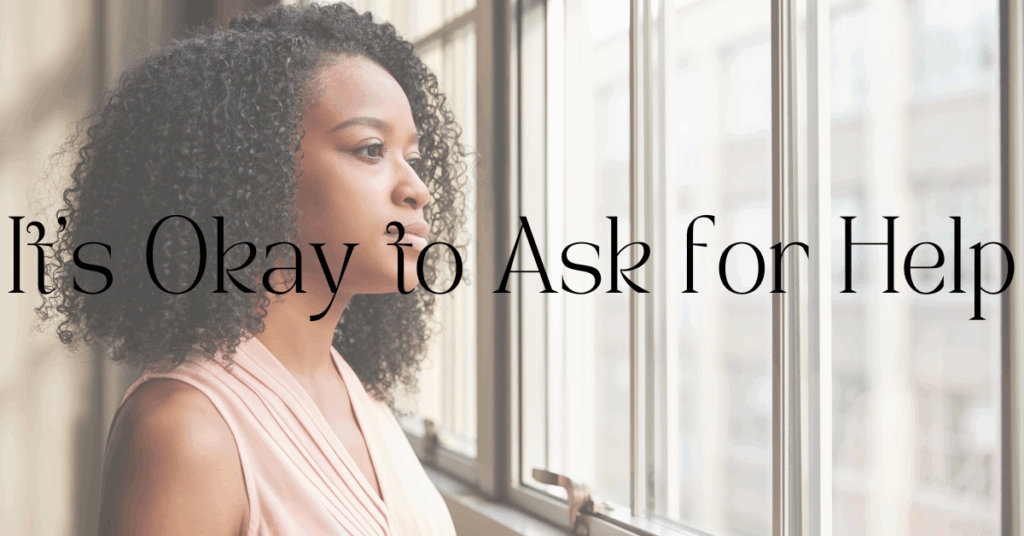Mental health challenges often begin subtly. A change in sleep, a persistent feeling of overwhelm, or difficulty focusing can all be early signs that something deeper is happening. Recognizing mental health symptoms early is one of the most important steps we can take toward healing, recovery, and prevention.
When we learn to identify the warning signs in ourselves and others, we create a path toward timely intervention and greater emotional well-being. In this post, we’ll explore the most common early symptoms of mental health conditions, how to respond with care, and what support is available to help you or someone you love.
Why Early Recognition Matters
Just as we don’t wait until a broken bone gets worse to seek treatment, we shouldn’t delay addressing changes in our mental health. Early recognition can:
- Prevent symptoms from worsening
- Reduce the duration of emotional distress
- Improve outcomes with earlier intervention
- Build confidence in seeking professional support
By becoming more aware of mental health warning signs, we reduce stigma and normalize proactive care.
Common Early Mental Health Symptoms
Everyone’s experience is unique, but many people notice one or more of the following changes before a diagnosis is made:
Emotional Symptoms
- Persistent sadness or low mood
- Irritability or frequent mood swings
- Anxiety, nervousness, or excessive worry
- Feeling overwhelmed, hopeless, or empty
Cognitive Symptoms
- Difficulty concentrating or making decisions
- Racing thoughts or constant mental chatter
- Memory issues or confusion
- Negative self-talk or self-doubt
Behavioral Symptoms
- Withdrawal from social activities or relationships
- Changes in sleep patterns (insomnia or oversleeping)
- Sudden changes in appetite or weight
- Increased use of substances like alcohol or drugs
- Avoiding responsibilities or neglecting self-care
Physical Symptoms
- Chronic fatigue or low-energy
- Headaches, stomachaches, or unexplained pain
- Panic attacks (shortness of breath, rapid heartbeat)
- Muscle tension or frequent illness due to stress
When to Seek Help
It’s normal to feel off now and then, but if symptoms last more than two weeks, begin to interfere with daily life, or cause distress, it’s time to seek help.
You should also seek immediate support if you experience:
- Thoughts of self-harm or suicide
- A loss of touch with reality (hallucinations or delusions)
- Severe anxiety or panic attacks
If you’re unsure whether what you’re experiencing is a mental health condition, speaking with a licensed professional can offer clarity, tools, and next steps.
What to Do Next: Steps Toward Support
Recognizing symptoms is just the beginning. Here’s how to move forward with intention and care:
- Talk to Someone You Trust
Share what you’re feeling with a close friend, partner, family member, or mentor. Speaking openly can be the first act of relief and validation.
- Reach Out to a Mental Health Professional
Therapists, counselors, or licensed clinical social workers can help assess your symptoms and provide treatment options. Refinery Counseling offers compassionate care for individuals at every stage of their mental health journey.
- Practice Self-Care and Grounding
While professional help is essential, daily practices like journaling, rest, prayer, mindfulness, or physical activity can support your mental well-being.
- Integrate Faith and Emotional Health
If you are a person of faith, know that your mental health matters deeply to God. Seeking help is a wise and courageous act of stewardship over your mind and heart.
- Educate Yourself
Learning about mental health conditions—such as depression, anxiety, PTSD, or burnout—can help you feel more equipped and less alone. Knowledge builds compassion.
Supporting Others in Recognizing Symptoms
If someone you care about is showing signs of distress:
- Gently ask how they’re doing and offer to listen without judgment.
- Share your concern using specific observations (e.g., “I’ve noticed you’re not sleeping much lately”).
- Encourage them to seek help and remind them they are not alone.
- Offer to help with practical steps like finding a therapist or driving them to an appointment.
Final Thoughts
Early recognition saves lives. When we learn to notice the subtle cues in our mental and emotional health, we build a life of awareness, resilience, and grace.
Mental health is not just a crisis to manage—it’s a lifelong journey to care for. Whether you are just beginning to recognize the signs or have been navigating symptoms for a while, you are worthy of support and healing.
At Refinery Counseling, we’re here to walk alongside you with peace, purpose, and hope.

